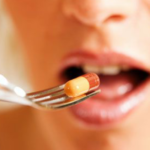Do Dietary Supplements Help in the COVID-19 Epidemic?
These days we are all witnessing the growing demand of the domestic and world population for dietary supplements immunomodulatory nutrients, vitamins, minerals, probiotics, curcumin and beta glucan, or well-known immune boosters.
Since the beginning of the COVID-19 epidemic, there has been a multiple increase in interest in known immunostimulants, but also other vitamins and minerals that support the health of the whole organism.

What Does The Expert Says
Expert opinion and practical guidelines for nutritional support of patients with COVID-19 infection of the European Society of Clinical Nutrition and Metabolism (ESPEN) state that dietary supplements or replacement is part of a conventional nutritional approach to prevent viral infections to potentially reduce the negative impact of the disease.
ESPEN’s practical guidelines place special emphasis on replacing vitamins and minerals, especially in malnourished people. (1).
Vitamin D
Adequate levels of vitamin D are unquestionably important for maintaining bone mineral density and muscle mass and strength.
Researchers have linked poor vitamin D status to malignant, cardiovascular, autoimmune, and neurological diseases, as well as chronic respiratory diseases, diabetes, and hypertension.
Diseases of this kind are associated with the highest number of deaths among COVID-19 patients.
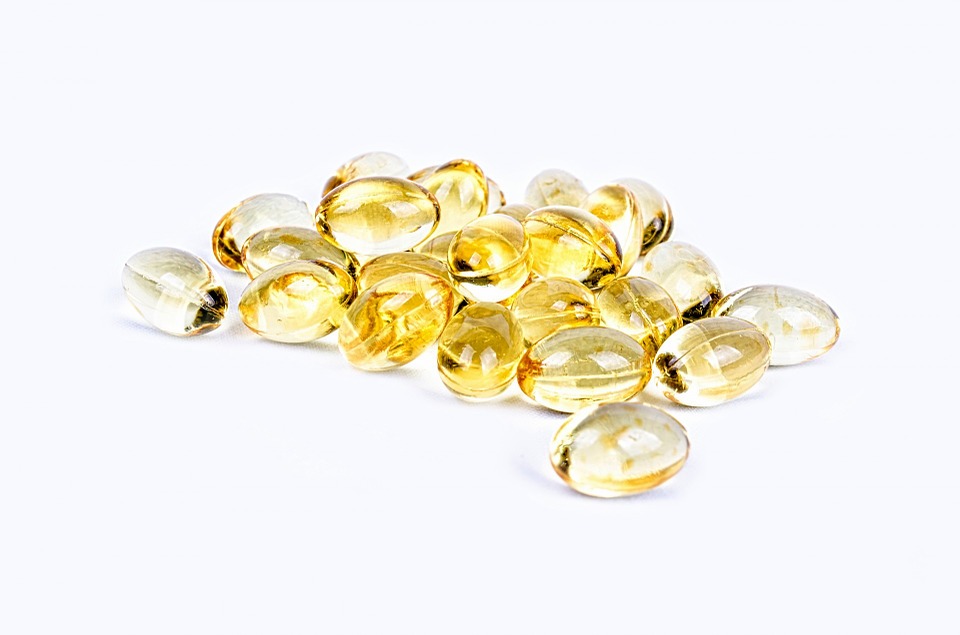
The elderly and patients with chronic diseases, who often have low vitamin D levels in the blood, are the risk groups in the COVID-19 pandemic.
Furthermore, the outbreak of the epidemic occurred at a time when, due to seasonal variations, the population has the lowest levels of vitamin D in the blood (7).
Particularly at risk group with higher mortality and more severe forms of the disease are obese people and smokers, who also have lower average values of vitamin D in the blood.
Riccardo Caccialanza and his colleagues, in a paper published in the journal Nutrition on April 3, 2020, stated that colecalciferol (D3) replacement should be introduced promptly for laboratory-confirmed vitamin D deficiency in COVID-19 patients.
Vitamin A
Another example is vitamin A, as a well-known “anti-infective” vitamin since many infection defense systems depend on an adequate supply of this vitamin.

Deficiency with vitamin A links to measles and diarrhea, and children with vitamin A deficiency may experience a severe clinical picture from measles.
Furthermore, there is scientific evidence to suggest that vitamin A supplementation reduces morbidity and mortality in various infectious diseases such as measles, diarrhea , HIV infections and malaria.
Vitamin A dietary supplements can provide some protection against other deadly diseases including malaria, infectious lung disease, and HIV.
In conclusion, vitamin A has been shown to be a potentially promising replacement therapy in combating the new coronavirus and protecting respiratory function (9,10).
B-group vitamins as Dietary Supplements
A heterogeneous group of B vitamins promotes more favorable clinical outcomes in patients with viral infections.

Vitamin B2 stands out, which in combination with UV radiation reduces the concentration of MERS-CoV virus in plasma (4).Also, vitamin B3 shows a strong anti-inflammatory effect during the treatment of patients who require mechanical ventilation.
Thus, adequate replacement use of this group of vitamins can significantly contribute to strengthening the immune response of patients (5).
Vitamin C as Dietary Supplement
This water-soluble vitamin is well known for acting as an antioxidant and aiding in the synthesis of collagen and connective tissue.
It also supports the function of the immune system and protects against coronavirus infection.
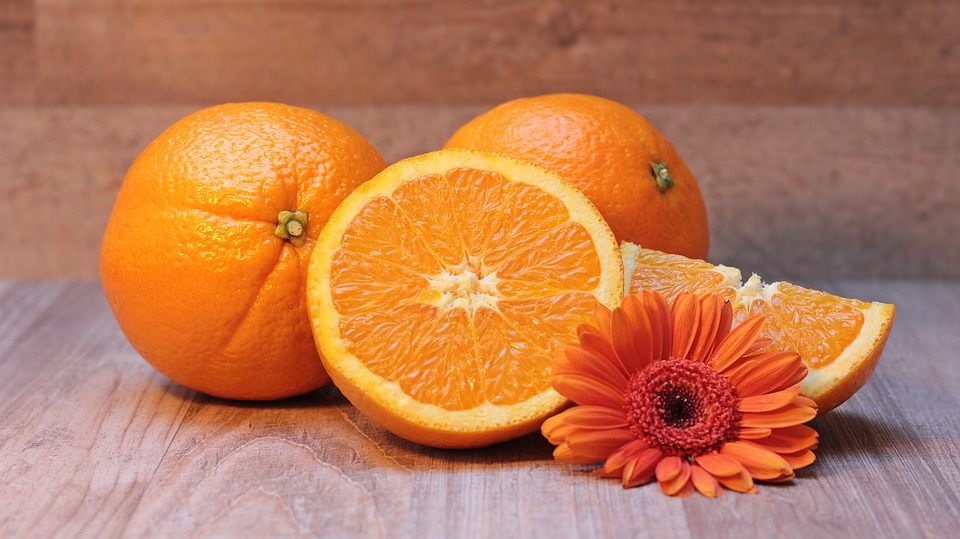
Studies show that vitamin C increases the resistance of animal models to infection with the COVID-19 virus.
Vitamin C also acts as a mild antihistamine and can provide relief from flu symptoms such as sneezing, nasal congestion and sinus problems.
C Vitamin supplementation has proven effective in reducing pneumonia incidence, suggesting it could help treat the coronavirus that primarily affects the respiratory system. (10).
Omega-3 fatty acids
Omega-3 fatty acids have a number of beneficial effects such as anti-inflammatory action and modulation of inflammation.
Protectin D1, a bioactive lipid derivative of omega-3 fatty acids, effectively reduces the rate of influenza virus replication.
Combined with existing influenza therapy, it has been shown to be effective in completely minimizing influenza mortality in animal models.
Therefore, omega-3 fatty acids may be considered as a potential replacement therapy in the treatment of a new coronavirus (6, 10).
Selen
This essential trace element plays an extremely important role in defending our body from infectious diseases.
Thus selenium deficiency not only causes oxidative stress which affects the weakening of the host immune response, but also affects the virulence of the pathogen.
Selenium, together with vitamin E, prevents the formation of free radicals and thus prevents oxidative damage to cells and tissues.
Selenium dietary supplements may also be one of the effective choices in the supportive treatment of a new virus (2,3).
Zinc
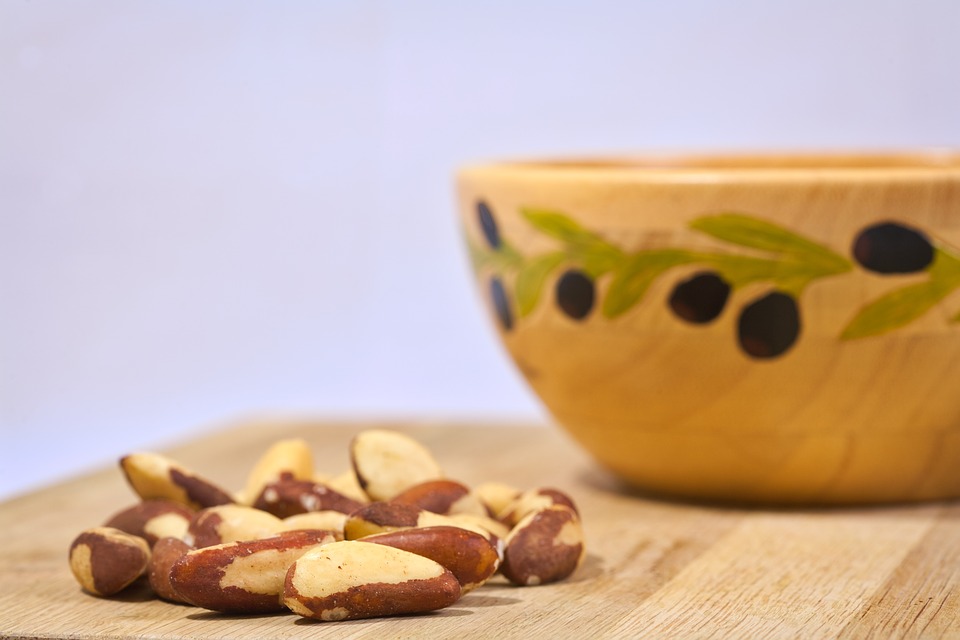
Beneficial effects of zinc dietary supplements on both innate and acquired immune responses are well known.
Zinc deficiency results in dysfunction of both humoral and cellular immunity which can increase susceptibility to infectious diseases.
Increasing intracellular zinc concentrations can effectively reduce the rate of replication of various RNA viruses.
Therefore, zinc replacement therapy may be effective not only in relieving COVID-19 symptoms such as respiratory infections, but also in the virus itself (8,10).
Iron
Iron deficiency can weaken a host’s immunity, while its excessive intake can cause oxidative stress which is an ideal substrate for virus mutations.
Deficiency with iron has been shown to be a risk factor for the development of recurrent acute respiratory infections (10).
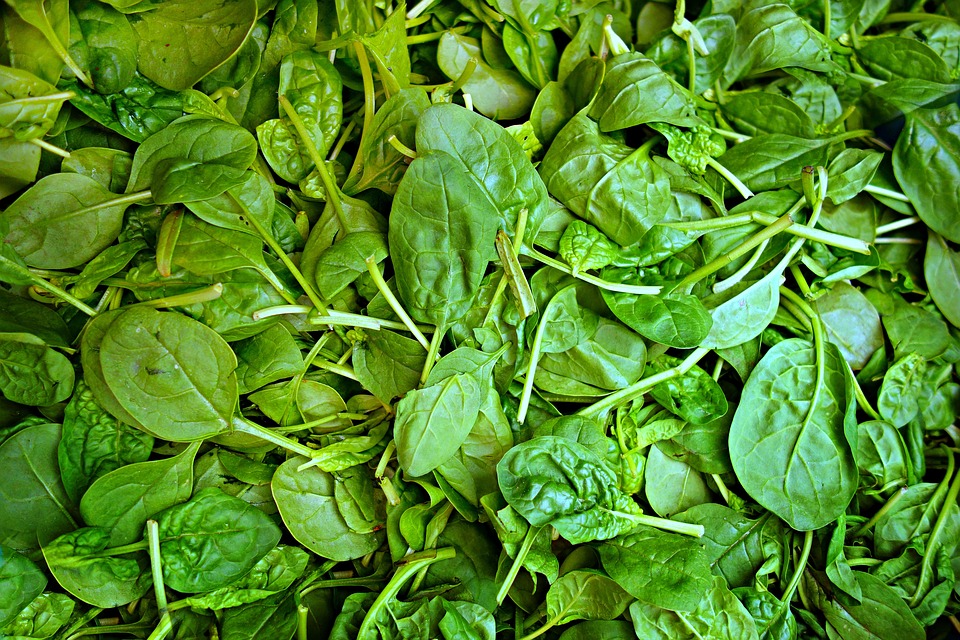
In general, low levels or insufficient intake of micronutrients such as vitamins A, E, B6, and B12, zinc, and selenium have been associated with adverse clinical outcomes during viral infections (12).
All this assumptions were confirmed in a recent review by Zhang and Liu, who suggested that in addition to determining vitamins A and D, assessment of vitamin B complex, vitamin C, omega-3 fatty acid, selenium, zinc, and iron status in patients with COVID infection should be considered. -19 (10).

So the views of the scientific community are very clear.
Although it is important to prevent and remediate micronutrient deficiencies, there is no evidence that routine administration of supraphysiological or supratherapeutic doses of micronutrients can prevent or improve the outcome of COVID-19 infection.
Literature :
1. Barazzoni R, Bischoff SC, Krznaric Z, Pirlich M, Singer P, endorsed by the ESPEN Council. ESPEN expert statements and practical guidance for nutritional management of individuals with sars-cov-2 infection. Clin Nutr 2020.
2. Guillin OM, Vindry C, Ohlmann T, Chavatte L. Selenium, selenoproteinsand viral infection. Nutrients. 2019;11:2101. https://doi.org/10.3390/nu11092101
3. Harthill M. Review: micronutrient selenium deficiency influencesevolution of some viral infectious diseases. Biol Trace Elem Res. 2011;143:1325‐1336. https://doi.org/10.1007/s12011‐011‐8977‐1
4. Keil SD, Bowen R, Marschner S. Inactivation of Middle East respiratory syndrome coronavirus (MERS‐CoV) in plasma products using a riboflavin‐based and ultraviolet light‐based photochemical treatment. Transfusion. 2016;56:2948‐2952. https://doi.org/10.1111/trf.13860
5. Kyme P, Thoennissen NH, Tseng CW, et al. C/EBPepsilon mediates nicotinamide‐enhanced clearance of Staphylococcus aureus in mice. J Clin Invest. 2012;122:3316‐3329. https://doi.org/10.1172/JCI62070
6. Morita M, Kuba K, Ichikawa A, et al. The lipid mediator protectin D1inhibits influenza virus replication and improves severe influenza.Cell. 2013;153:112‐125. https://doi.org/10.1016/j.cell.2013.02.027
7. Ren W, Gu Y, Zhu L, Wang L, Chang Y, Yan M, Han B, He J. The effect of cigarette smoking on vitamin D level and depression in male patients with acute ischemic stroke. Compr Psychiatry. 2016;65:9-14. DOI:https://doi.org/10.1016/j.clnu.2020.03.022
8. Tuerk MJ, Fazel N. Zinc deficiency. Curr Opin Gastroenterol. 2009;25:136‐143. https://doi.org/10.1097/MOG.0b013e328321b395
9. West CE, Sijtsma SR, Kouwenhoven B, Rombout JH, van der Zijpp AJ. Epithelia-damaging virus infections affect vitamin A status in chickens. J Nutr. 1992;122:333-339.
10. Zhang L, Liu Y. Potential interventions for novel coronavirus in China: Asystematic review. J Med Virol. 2020;92:479–490.


